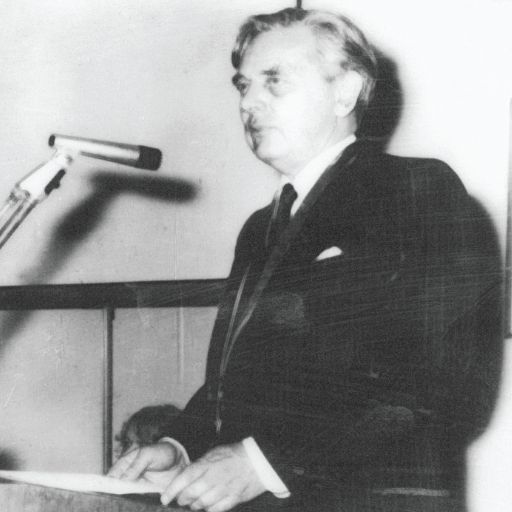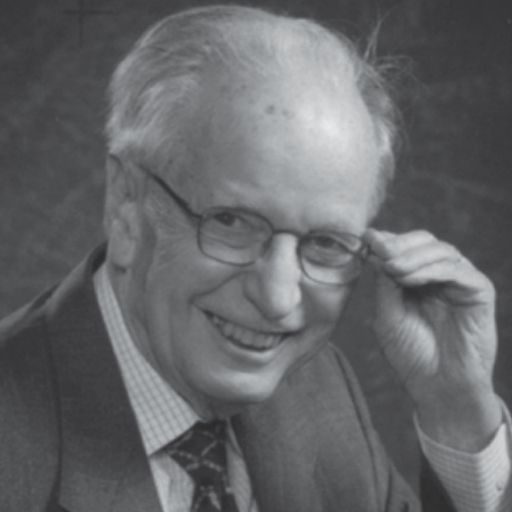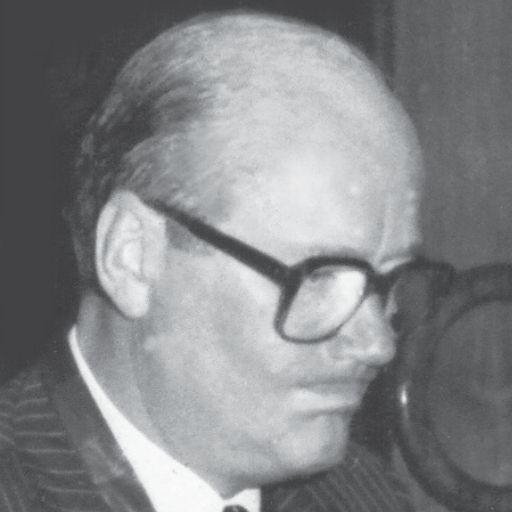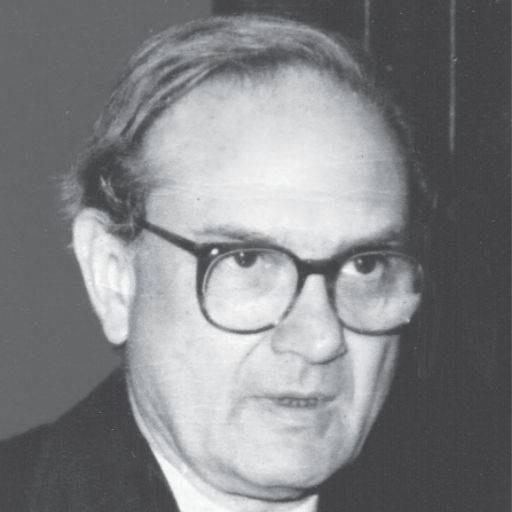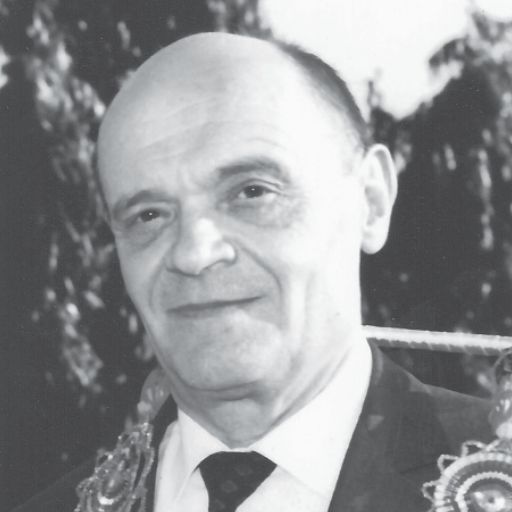1984

Year 05
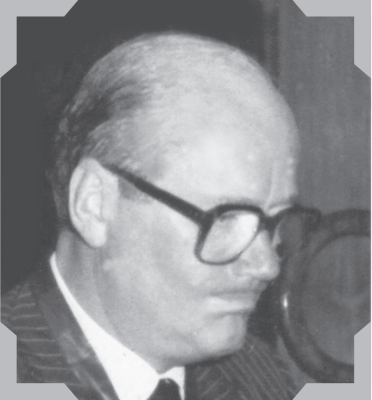

Prof. John B. Foster
Chief Neurologist Regional Neurological Centre, Newcastle-upon-Tyne, United Kingdom
THEME: THE PROBLEM OF STROKE IN OUR COMMUNITY: CURRENT CONCEPTS
Cerebral embolism may be the cause of stroke. A fragment of a
blood clot arising, travelling to the brain and getting lodged in the
brain vessels may result in infarction. The term infarction is used to
indicate neuronal death in the brain area which has succumbed to
the insult of poor oxygenation and glucose deprivation. Atrial
fibrillation is the commonest cause for an embolic stroke.
Atheromatous degeneration of the carotid arteries at their
bifurcation (and less often of the vertebral arteries at their origin in
the neck), may result in ulceration, with the propagation of small
emboli into the cerebral circulation. It may also lead to
atheromatous changes, on which formation of a thrombus occurs,
narrowing the artery, with ultimate occlusion of the artery.

